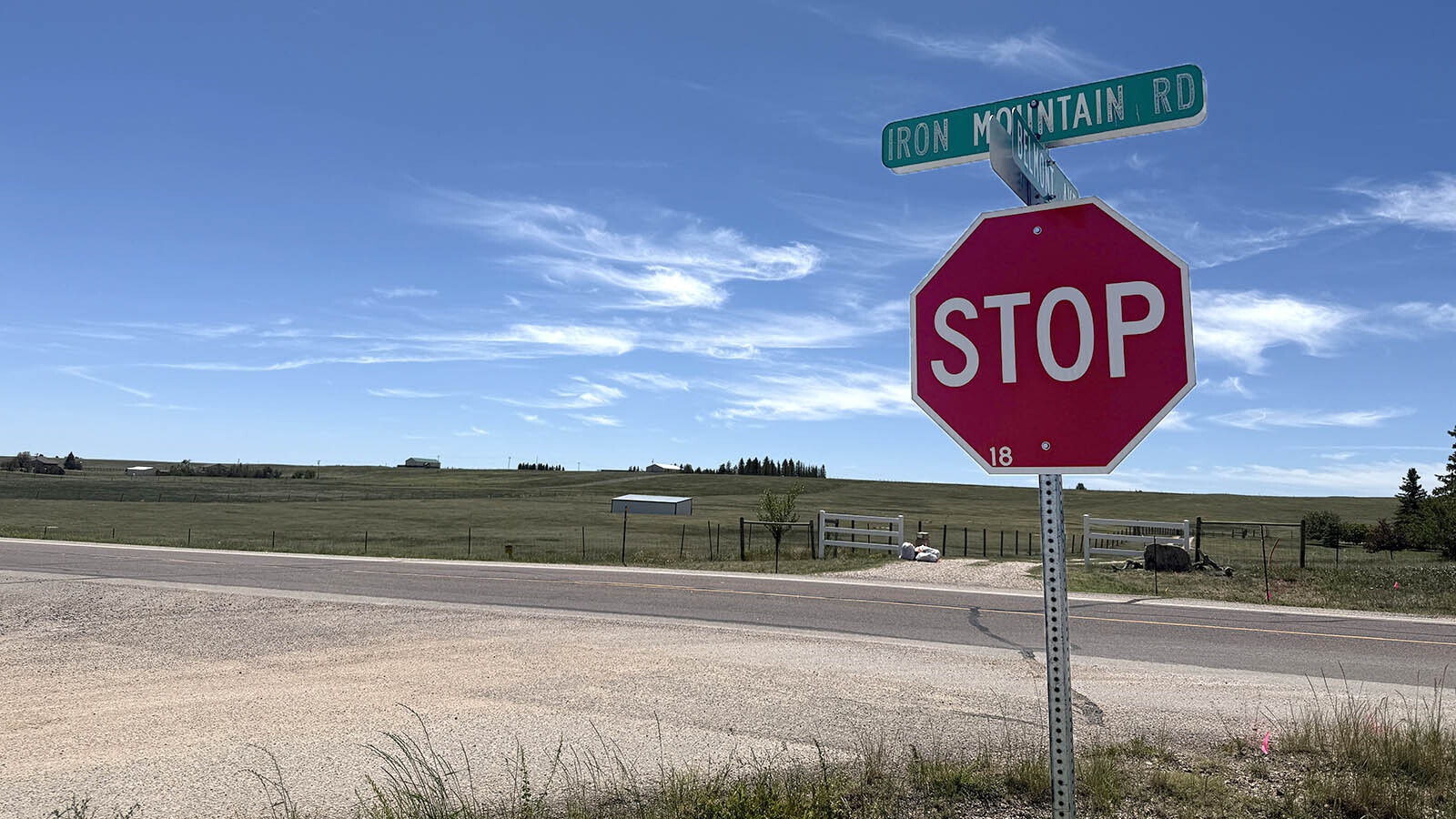Gov. Mark Gordon made his first vetoes of the 2025 Wyoming legislative session Monday night, including a bill requiring women get ultrasounds before a prescription-induced abortion.
The governor called the mandate “personally invasive” and an “often medically unnecessary procedure.”
Although Gordon argued that he’s still pro-life on abortion, he expressed concerns about the psychological impacts of forcing a pregnant woman to have a transvaginal ultrasound.
“If this act were to become law, it creates the prospect of an unnecessary, intimate and invasive procedure, which subjects women to an uncomfortable and potentially traumatic experience in what may already be a very overwhelming situation,” Gordon wrote in his veto letter. “I question whether this invasive ultrasound is absolutely necessary, fully informative or can even be considered a reasonable requirement for this procedure regardless of the circumstances resulting in the pregnancy.”
House Enrolled Act 35 passed the Senate on third reading on a 24-7 vote and the House on concurrence with a 47-12 vote. If those margins stay consistent, the Legislature would have more than the two-thirds vote necessary to override the governor’s veto if it chooses.
State Rep. Rachel Rodriguez-Williams, R-Cody, chairman of the Wyoming Freedom Caucus and one of the state’s leading pro-life advocates, said Gordon’s veto is disappointing and one she expects to be overridden by the House due to its “pro-life majority.”
“I am very disappointed that Governor Gordon would veto this common-sense bill,” Rodriguez-Williams said. “The governor claims to be pro-life, but he’s not.”
The Legislature already passed a law banning abortion in most circumstances during its 2022 and 2023 sessions. Both laws were immediately challenged in court.
Abortion is still legal in Wyoming while the state Supreme Court considers whether or not it can be considered health care under the Wyoming Constitution.
Gordon expressed concern in his veto letter that continuing to pass legislation to address the legality of the abortion before the Supreme Court rules could set the state up for “an endless loop of litigation on this issue.”
“The wiser course of action is to let the Wyoming Supreme Court rule so that everyone understands the boundaries and limitations, if there are any, within which we may craft lawful and appropriate abortion laws,” he wrote.
Rodriguez-Williams, who attempted to intervene in the 2023 lawsuit, isn’t buying it.
“He parrots the talking points of the far-left pro-abortion movement,” she said.
What It Does
The bill would require all women in Wyoming who get abortion pills to have an ultrasound no less than 48 hours beforehand. The bill would have no impact on surgical abortions.
Most ultrasounds women undergo before they reach 10-12 weeks of gestation are transvaginal, which involves inserting the top of a long, thin device coated in a sheath and gel into the vagina.
Critics of HEA 53 have argued this requirement is being implemented to shame women to make them less likely to go through with taking the abortion pill. Very few medical providers testified that it’s medically necessary.
Gordon didn’t go as far as the shame theory, but expressed concern that requiring a transvaginal ultrasound could have a traumatic effect on victims of rape or incest. The bill contains no exceptions for victims of these events.
“To be clear, I am pro-life. Life is precious and that applies to both mother and child,” Gordon wrote. “Every year we continue to lose unborn babies in Wyoming. Making it easier for mothers to have babies in Wyoming and supporting them afterwards is a far better course.
“Mandating this intimate, personally invasive and often medically unnecessary procedure goes too far.”
Gordon did sign another piece of abortion-related legislation into law this session, a bill regulating surgical abortion clinics in Wyoming as ambulatory surgical centers.
This law was immediately challenged in Natrona County District Court, a move Gordon called in his veto letter “a foolish strategy” that did not influence his veto of HEA 53.
Other Vetoes
The veto was one of the first four Gordon made Monday.
He also vetoed Senate Enrolled Act 58, a bill that would have prohibited the use and operation of unmanned aircraft systems over critical infrastructure and critical systems.
Gordon said it violates Federal Aviation Administration law as well as risk federal penalties for Wyoming law enforcement attempting to comply with provisions of the bill.
He also vetoed a bill that would remove the cap on the number of charter schools that the Wyoming Charter School Authorizing Board may authorize. In his veto letter, Gordon wrote that the Legislature still has yet to engage in a comprehensive review of charter school legislation that he has been requesting since 2021.
The fourth veto would have expanded the Hathaway Scholarship, which Gordon criticized for not adding an additional appropriation of money.
Leo Wolfson can be reached at leo@cowboystatedaily.com.





